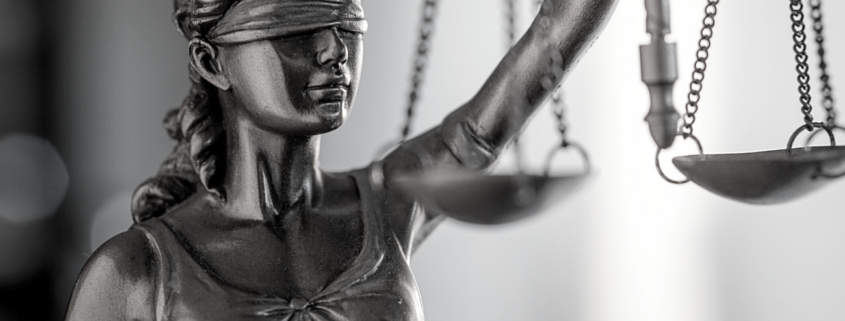How We Won the Rice v. The State Case
The trial was not starting out well at all. At the end of a half-day of motions, I had won exactly zero. All my motions had been overruled. All of the State’s had been granted.
A jury was waiting to be selected. And the motions were important. In fact, my sole defense had been taken away from me during all of those pretrial motions.
Through it all, the judge was personally treating me with respect. Opposing counsel was eviscerating my defense but was personally being nice.
It was at this point that I made three critical decisions.
I would do nothing to make matters worse. I refused to get emotional about the situation. I refused to allow such words as this is so unfair to cross my lips. I would not even think of such thoughts.
Panic would not be allowed to set in.
Emotionally, I would manage this all.
Tactically, I decided that we should forego a jury trial that we now could not win. I requested a bench trial. I also made concessions that would not harm us. The things that didn’t much matter, I stipulated to.
Foundational objections were not made when I knew that requiring the foundation was an academic exercise. I made my record, but I also took a no-nonsense and pleasant approach to things that didn’t much matter.
I would make my record – my defense was being gutted – I made sure to put a solid proffer on the record.
In a matter of months, I knew that everything would ride on how well I could describe my defense right there in that moment in that courtroom. I was specific in my description of the evidence as I knew it, the legal basis for my defense, and why that defense was essential. I made sure that I committed the judge to an actual ruling.

My strategy became one of damage of control and preparation for the appeal.
I committed to being my best. I treated the trial as essentially winnable when it commenced. Having located those things beyond the sphere of my control, I made sure to give my very best to the things I could still shape.
That meant giving the opening, the crosses, the directs, and the closing my all. I ended up winning on a big portion of the case at trial and with a sentence that was better than the pretrial recommendation.
And I had a beautiful record for appeal. The case is Rice v. State. It was a great win (though the State has applied for certiorari).
It demonstrates a pattern in how cases work. You win and lose 100% of your appeals at trial. Appealing my trial was an amazing luxury. Appealing a case when I worked on the trial team is also the best experience ever. It is why I love working on a trial team with my role as the motions and objections guy. And it’s why I think I see a bigger game than purely trial litigators do. The verdict is halftime. It is not the end of the fourth quarter.
I loved the win for my client and I loved it because it felt like something I’d crafted and built.

